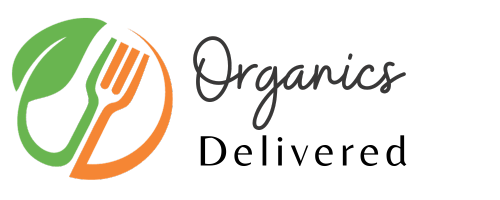When it comes to buying food, many people are faced with the decision of whether to choose organic or conventional options. One of the biggest factors that influence this decision is often price. Organic food is often more expensive than conventional food, and some people may question whether it's worth the extra cost. In this blog post, we will take a closer look at the difference in price between organic and conventional food, and the value of investing in organic food.
Organic food is generally more expensive than conventional food:
This is because organic farming practices are more labor-intensive and costly than conventional farming practices. Organic farmers rely on natural methods to control pests and weeds, which can be more time-consuming and costly than using chemical pesticides and herbicides. Additionally, organic farmers may have smaller plots of land and lower yields, which can also contribute to higher prices.
Organic food is often of higher quality:
Organic food is grown and produced using sustainable and environmentally-friendly methods, which can result in higher quality produce. Organic food is often fresher, more nutritious and taste better than conventional food. Additionally, organic food is free from harmful chemicals, which can be beneficial for human health.
Investing in organic food can have a positive impact on the environment:
Organic farming practices rely on natural methods to control pests and weeds, which can help to conserve biodiversity and protect the environment. Additionally, organic farmers often use sustainable methods to improve soil health and reduce greenhouse gas emissions.
The long-term benefits of organic food outweigh the higher price: While the initial cost of organic food may be higher








